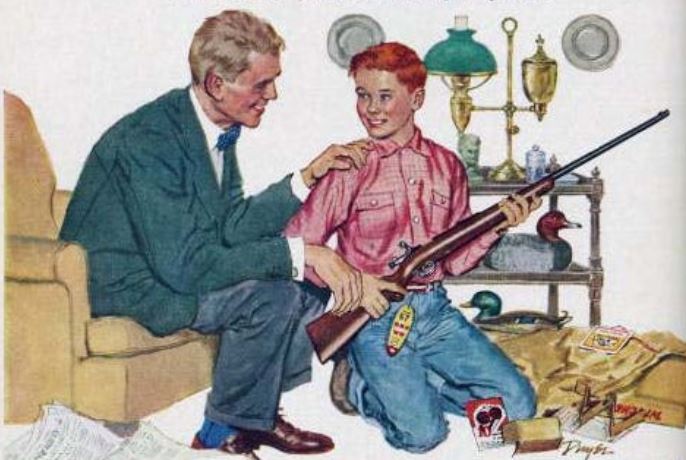In the annals of crime, crime fiction, and crime news stories even to this day is the phrase killed when cleaning the gun. What this refers to is the after-the-fact explanation for how the father, friend, brother, mother, and sometimes the self, got shot. Because when you shoot somebody out of intent but you don’t want to get caught and be put away to prison, our society of laws does require that you come up with some sort of explanation. And cleaning your gun has long been an explanation or alibi for killing somebody.
In newspapers from 1871 to 2020 is a slowly rising, then falling, clump of instances of this phrase. The phrase slowly rises in the 1910 to 1913 era, drops in the 1920s, then rises sharply throughout the 1940s, with the mother of all peaks being from 1942 to 1945. The peak makes sense because 1942 to 1945 matches the years of World War II. The popularity of this phrase last has a heyday in the late 1960s, then drops and has been slowly dropping ever since.
What I find so curious about this alibi is that, except for true gun fanciers, who actually cleans their gun? Among the millions of people who keep their gun under the bed or on a top shelf of a closet, amateur gun owners who have them for protection, how many sit down and clean the thing?
Killed when cleaning gun sounds like a wink-wink-nod phrase that humans treat as acceptable for killing somebody else, much like when you show up to a work meeting late and tell people that it was the traffic or your child. None of us really believes it, but some type of excuse needs to be said.
It’s still used to this day, and successfully. In November 2019, Eric Rosenbrock of Lake George, New York, was sentenced to 5 years of probation for shooting his wife Ashley Rosenbrock in the chest. Ashley was killed when her husband was assembling his Walther 9 mm semi-automatic, loaded with a magazine, in preparation for a hunting trip.
Casting aspirations on the killed when cleaning gun explanation doesn’t mean that this never happens. Rosenbrock’s story was fully accepted, with the judge essentially chiding him for making a mistake. Even Ashley’s mother Lorraine Tefft was on board with the unintended homicide part of this incident, though she expressed anger at Eric Rosenbrock’s error. By all accounts, Eric and Ashley Rosenbrock had no issues, nothing to indicate that he would want to murder her.
